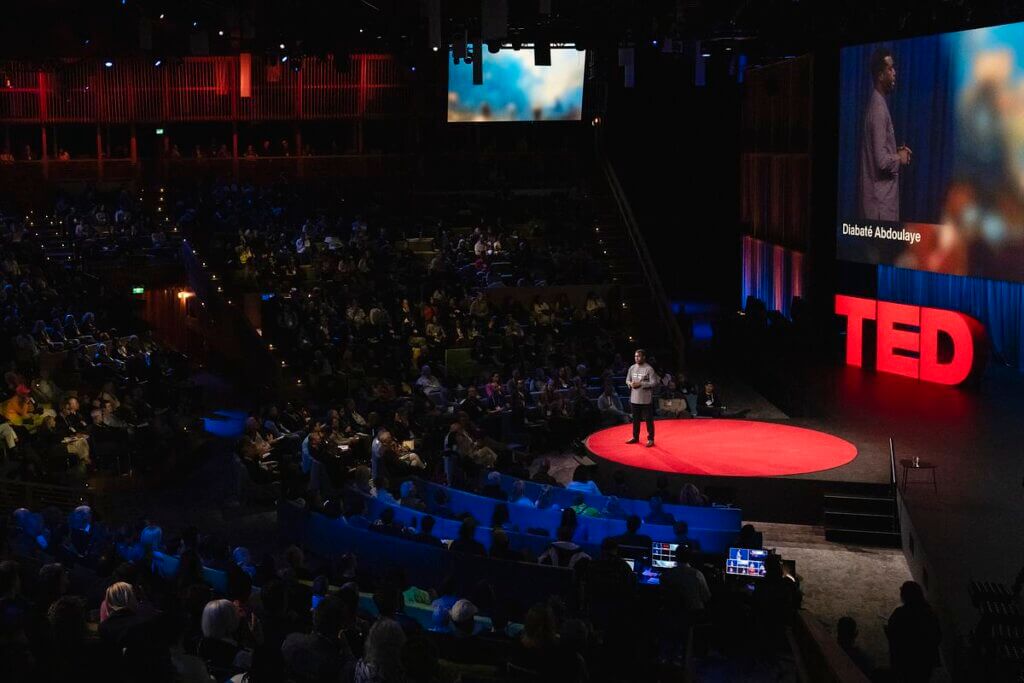How to End Malaria – TED 2024

In April, I had the immense privilege of being invited to speak at the TED2024 conference: The Brave and the Brilliant, in Vancouver, Canada. I am grateful to have shared the stage with inspirational trailblazers across a variety of fields, covering topics ranging from preventative medicine to the future of audio computing and musical improvisational comedy. I used this opportunity to talk about malaria, a global health issue that claims the lives of 600,000 people each year and continues to devastate many communities today, particularly in Africa.
Malaria is more than just a global health issue; the number of deaths represents real people, each with a personal story of battling this disease. At TED2024, I had the chance to share my personal story as a childhood survivor of malaria. Having carried this burden myself, witnessed the psychological stress it caused my family, and endured the pain firsthand, bringing the issue to a global stage was a highlight of my career as a scientist. It allowed me to share with global audiences the serious threat that weighs on malaria-endemic countries, and emphasise the urgent need for increased awareness, research, innovation, and funding to eliminate the disease.
I explained how, as well as being a health issue, malaria is closely linked to poverty and is a significant barrier to education and economic stability. By sharing my story, I hope to inspire change and help others recognise the critical need for collective action to eliminate this disease.

Abdoulaye Diabaté speaks at TED2024: The Brave and the Brilliant. Vancouver, BC, Canada. Photo: Jasmina Tomic / TED
As Principal Investigator of Target Malaria Burkina Faso, it was crucial for me to highlight the consortium’s collaborative efforts across highly impacted countries in Africa, such as Ghana and Uganda, as well as their partnerships in the US, UK, and Italy. I was proud to share the consortium’s work in developing gene drive, an innovative, cost-effective and sustainable technology to help fight malaria in Africa.
Introducing Target Malaria’s commitment to transparency and stakeholder engagement , I emphasised how research cannot be separated from society. A significant part of this work involves promoting responsible science standards and fostering meaningful collaboration every step of the way. The communities that we work with are the people most affected by the disease. Their ownership and involvement are critical to the success of our work.
We also aim to make Target Malaria a space for exchange and capacity building, paving the way for the next generation of African scientists making major contributions to scientific research. The tools we have today are sufficient but without the innovation of new tools such as gene drive, we may never be able to cross the last mile of malaria elimination.
Being at TED has been an invigorating experience giving Target Malaria a platform to share our call to action to eliminate malaria in Africa. I believe that collectively we can end malaria and improve global health. I hope my legacy will be the new generations of African malaria scientists I have had the opportunity to train and mentor.
I wish to warmly thank the whole TED team who made my participation possible.
Watch my TED talk below:
